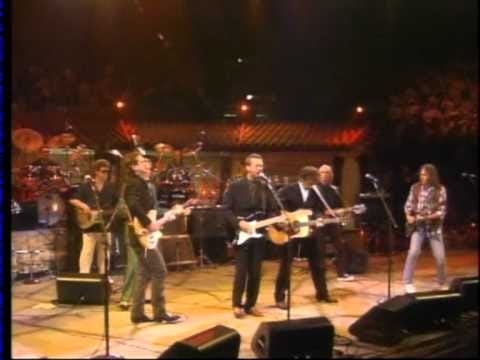I attended the guest-star driven 30th anniversary of Bob Dylan on Columbia Records at Madison Square Garden on Oct. 15, 1992, and reviewed it for Newsday and New York Newsday on Oct. 17: the show was much too long for an overnight deadline. I hesitated to post it here because in my criticism of Sinead O’Connor, I left little room for giving her the benefit of the doubt, something that has bothered me since her death July 26, 2023, really just a year ago. It wasn’t until I visited Ireland the previous summer that I became aware of the damage and trauma done to so many during the decades that the Catholic church was the state and the state was the church. Now, of course, it’s easier to get an abortion in Ireland than it is in too many of these United States. It was a tough time for O’Connor here in 1992, and I’m sorry I piled on, though my reaction at the time was honest. As an fyi for those who don’t know, I just retired after 12 glorious years teaching at a Catholic university, a bles…
Keep reading with a 7-day free trial
Subscribe to Critical Conditions by Wayne Robins to keep reading this post and get 7 days of free access to the full post archives.



